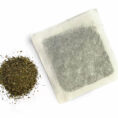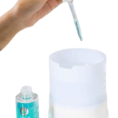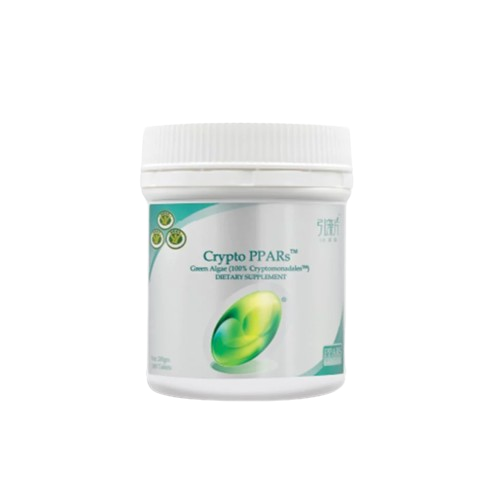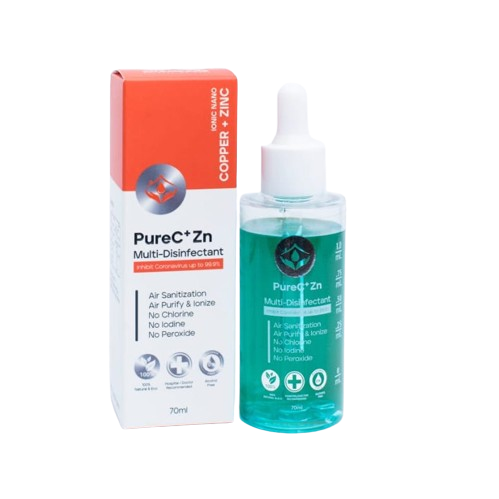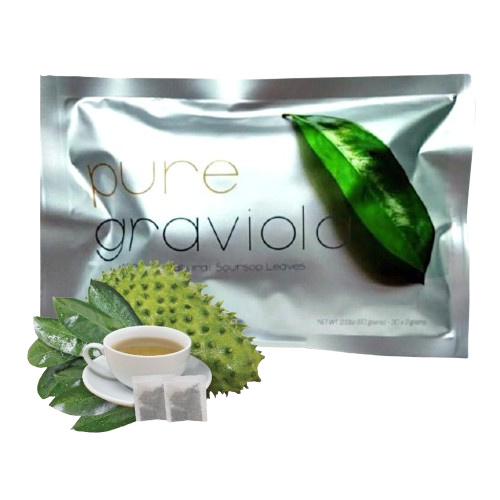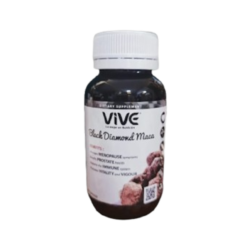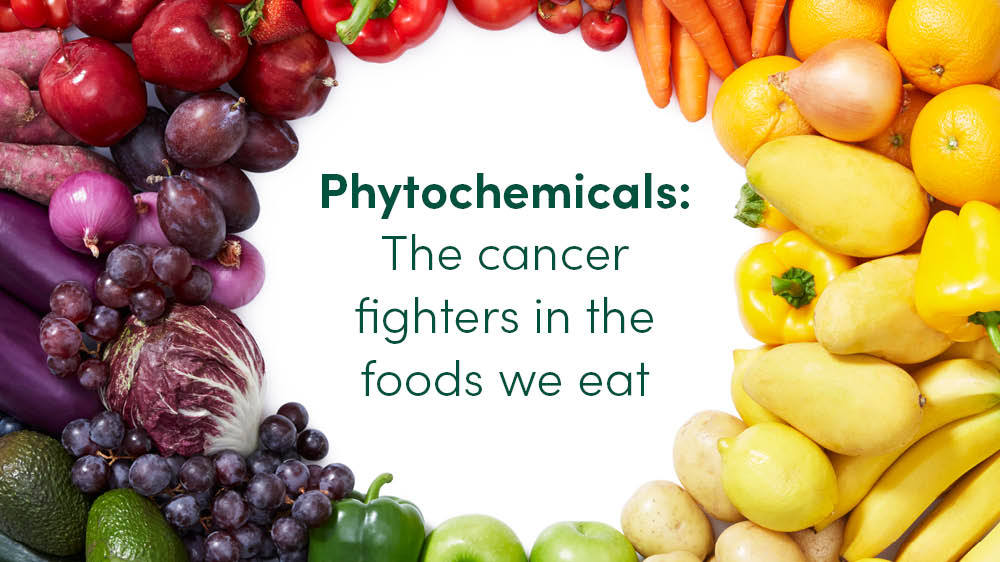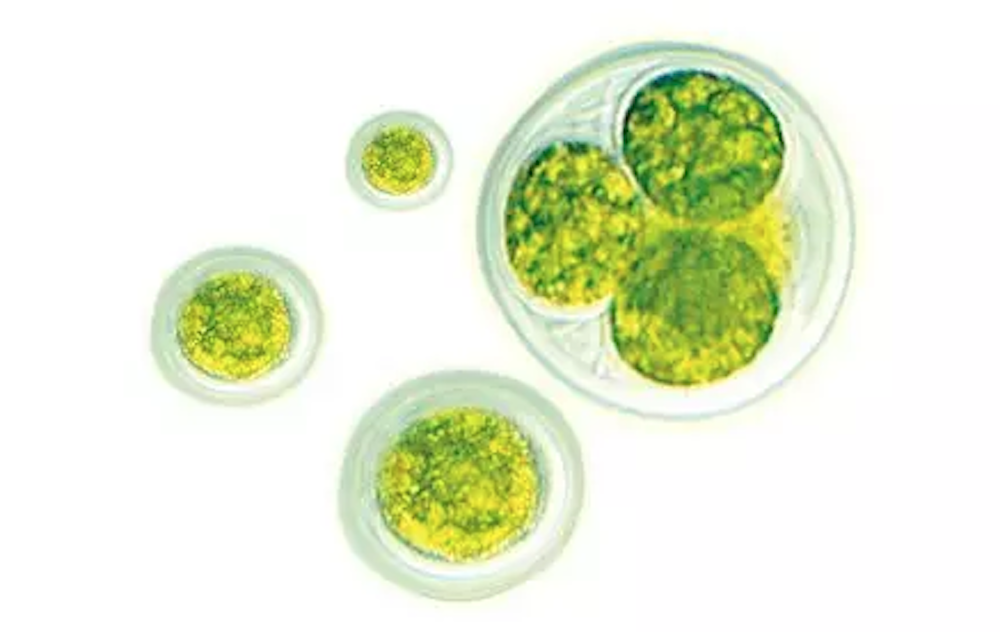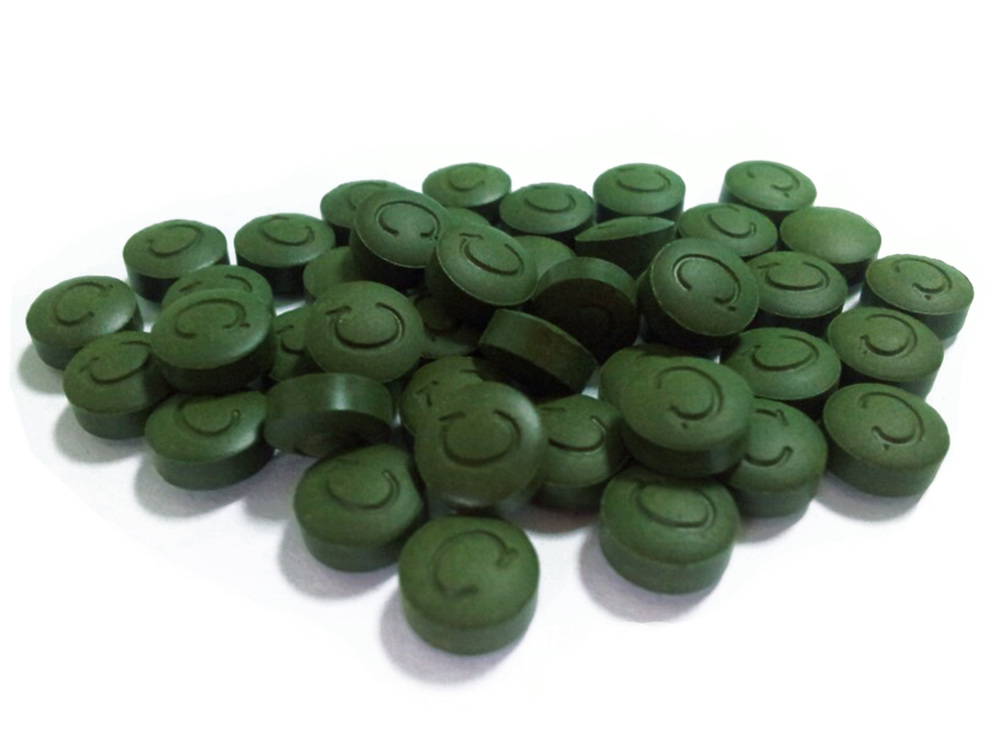Phytochemicals are natural compounds found in plants that have various biological effects and benefits for human health. These compounds are not considered essential nutrients like vitamins and minerals, but they have been found to have positive effects on health and may help in disease prevention.
Phytochemicals are responsible for the colors, flavors, and aromas of many fruits, vegetables, grains, legumes, nuts, and other plant-based foods. They have been studied extensively for their potential antioxidant, anti-inflammatory, antimicrobial, and anti-cancer properties.
Examples of phytochemicals include flavonoids (found in fruits, vegetables, and tea), carotenoids (found in carrots, tomatoes, and leafy greens), phenolic acids (found in berries, nuts, and whole grains), chlorophyll (in abundance in Crypto PPARs) and glucosinolates (found in cruciferous vegetables like broccoli and cabbage).
Consuming a diverse range of plant-based foods rich in phytochemicals is associated with numerous health benefits, including reducing the risk of chronic diseases such as heart disease, cancer, and diabetes.
How Do Phytochemicals Work?
Phytochemicals act in several ways:
(1) Scavenge free radicals directly and disarm them.
(2) Support the body in the supplying of a strong nutritional base which assists in the detoxification process.
(3) Inhibit the expression of unhealthy changes in cells and to block the reproduction of unhealthy cells.
(4) Boost the production of various enzymes that are involved in DNA repair.
In general, the more richly colored and the more deeply pigmented a food is, the more protective phytochemicals the food contains. Chlorella is known to be rich source of phytochemicals. You don’t need to heat them, just absorb the nutrition directly.
Lutein And Zeaxanthin
Reduce the generation of free radicals in the retinal pigment epithelium and choroid. Protect the muscles of the eye from light-induced oxidative damage. Help prevent macular degeneration (AMD) and developing cataracts.
Beta-Carotene
Reduced cancer risk, due to beta-carotene has powerful antioxidant functions, it helps the body scavenge free radicals, thereby limiting the damage to cell membranes, DNA and protein structures in the cell. Secondly, mitigating the cellular damage that leads to degenerative disease due to beta-carotene is a protector of the cells while slowing the aging process. Thirdly. cellular nutrient, due to beta-carotene can be converted to retinol (vitamin A) when needed in the body.

Chlorophyll
Help with anaemia, it can increase the quality and quantity of your red blood cells, and result in better oxygen transportation. Thus, a powerful antioxidant, can lower your risk for developing certain types of cancer and chlorophylls related chemicals could inhibit the ability of certain DNA-damaging chemicals to cause mutations in bacteria. It can effectively form a complex with the carcinogens that your body has a difficult time absorbing. Furthermore, it can reduce inflammation in your body, such as arthritis and amygdalitis. Chlorophyll also good to detoxifies the liver, eliminates body odor and bad breath as a natural deodorizer and a promoter of good digestive function, it can clean the digestive tract.
Phycocyanin
(1.) Improvement of weakened immune functions: Phycocyanin has shown enhancement of proliferation and differentiation of bone marrow hematopoietic cells, thereby increasing the levels of various cytokines like IL-1ß, IFN-g, GMCSF and IL-3. Sustains functions of the mucosal immune system and reduces allergic inflammation by the suppression of antigen-specific IgE antibody.
(2.) Hepatoprotective effect: Increase the expression of essential enzymes and biochemicals related to the balanced function of liver and kidney. This further leads to the detoxification.
(3.) Potential anti-tumor effects: Enhanced NK activation, and in conjunction with selenium, phycocyanin was found to be a potent antiproliferative agent against human melanoma cells and human breast adenocarcinoma MCF-7 cells.
(4.) Antioxidant, anti-inflammatory, neuroprotective.
(5.) Help ward off the effects of bad cholesterol, and keep arteries clean.



